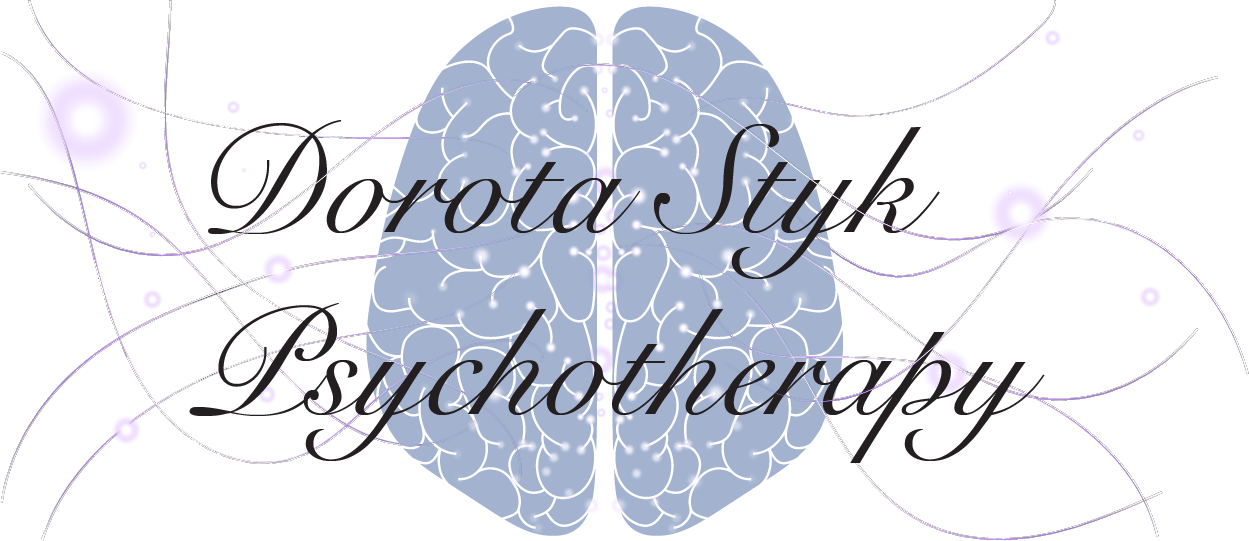Cognitive rehabilitation is a specialised therapeutic approach designed to restore, strengthen, and enhance cognitive functions in individuals who have experienced brain injuries, neurological conditions, or mental health challenges. This evidence-based intervention focuses on improving various cognitive domains, including memory, attention, concentration, perception, learning, planning, and judgement.
The therapy operates on the principle of neuroplasticity, which recognises the brain’s ability to form new neural connections and reorganise existing ones throughout life. Through structured exercises and activities, cognitive rehabilitation helps service users process and interpret information more effectively, ultimately improving their ability to function in daily life.
Cognitive rehabilitation employs two primary treatment approaches. Restorative treatment focuses on practising specific skills to improve cognitive abilities through targeted exercises and activities. Compensatory treatment teaches individuals strategies to work around their cognitive deficits, often utilising tools like mobile phones, calendars, and alarms to support daily functioning.
The intervention is highly individualised, with treatment plans tailored to each person’s specific needs and goals. Healthcare professionals, including therapists, psychologists, and other specialists, work collaboratively to develop comprehensive rehabilitation programmes. These programmes may be delivered through individual sessions, group therapy, or computer-assisted training.
Research has demonstrated the effectiveness of cognitive rehabilitation across various conditions, including traumatic brain injury, stroke, multiple sclerosis, and chronic mental illness. Studies have shown particular success in improving sociability, memory, concentration, and executive function.
The therapy can be especially beneficial for younger service users with mild to moderate cognitive difficulties. These individuals often show significant improvements in neuropsychological function following rehabilitation, particularly when they have adequate educational background and haven’t experienced recent medical complications.
Treatment typically encompasses various techniques and exercises, including memory training, attention tasks, problem-solving drills, and executive function challenges. These activities are designed to be engaging and progressively challenging, helping service users build their cognitive capabilities while maintaining motivation.
The ultimate goal of cognitive rehabilitation is to enhance service users’ quality of life and independence. By improving cognitive functioning, individuals can better maintain relationships, perform work duties, and participate in their communities. The therapy has shown promise in helping service users gain better understanding of their conditions while increasing confidence and optimism in their recovery journey.
Book an Appointment
Weekday Appointments
| Initial video call consultation | £20 |
| Video call Therapy Session | £120 |
| Audio call Therapy Session | £120 |
| Couples Video call Therapy Session | £180 |
Our of Hours and Weekends Appointments
| Initial video call consultation | £40 |
| Video call Therapy Session | £240 |
| Audio call Therapy Session | £240 |
| Couples Video call Therapy Session | £240 |
